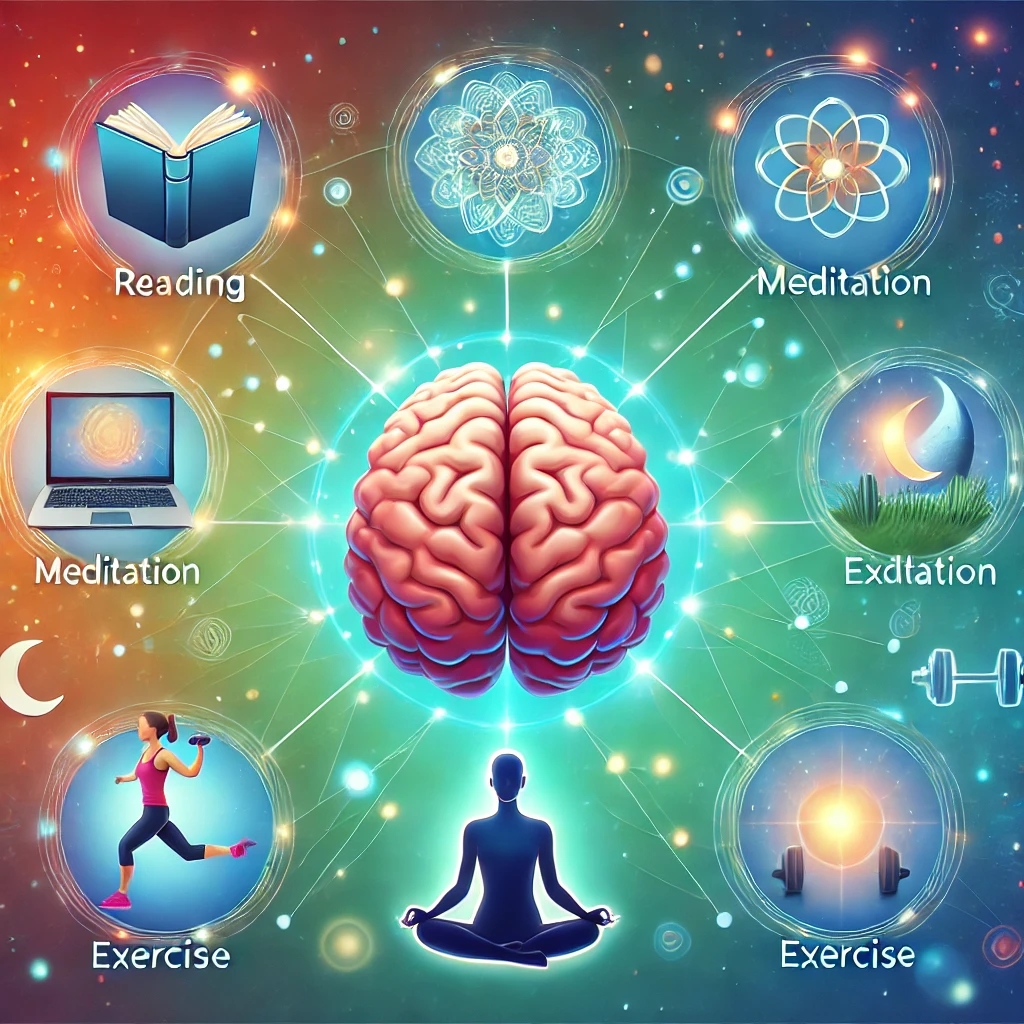
The ability to retain information is a skill everyone wishes they could master. From students cramming for exams to professionals handling loads of data, being able to recall facts and ideas efficiently is invaluable. In this comprehensive guide, we’ll explore scientifically backed strategies, practical tips, and lifestyle changes that can help improve your memory and make retention easier than ever.
How to Retain Information
To retain information effectively, you must first understand how memory works. Retention depends not only on your mental state when absorbing information but also on how you process, store, and retrieve it. Simply put, memory retention involves three key steps: encoding, storing, and recalling.
The way you encode new information significantly impacts how well it sticks in your mind. Paying close attention and using techniques like active recall and spaced repetition makes this process more effective. Storing information, on the other hand, requires creating strong neural connections that can be accessed later, while recalling helps strengthen those connections, making the memory more durable.
Memory Formation and Retention: The Science
Your brain is constantly rewiring itself, thanks to neuroplasticity. This ability to adapt means that memory is not fixed. Every time you recall an event, you strengthen the neural pathways that store that particular memory. But how exactly does memory formation occur?
Information enters your brain as sensory input, which is then processed by the hippocampus. The hippocampus plays a vital role in converting short-term memories into long-term ones. Factors such as emotional engagement, the novelty of information, and personal relevance affect how well the hippocampus encodes memories.
Common Barriers to Retention
While the brain’s capacity to retain information is impressive, it’s not infallible. Many barriers can impede retention, the most common being distractions, stress, and information overload. Multitasking can also hinder memory formation by dividing attention. Similarly, lack of sleep or poor diet can affect brain function and diminish your ability to recall information later.
Techniques to Retain Information
There are numerous methods to help you retain information more effectively. Let’s look at some of the most effective ones:
The Power of Active Recall
Active recall involves forcing yourself to retrieve information without the aid of notes or materials. This technique has been shown to solidify information in your brain by repeatedly accessing it. For example, instead of simply rereading a textbook chapter, pause and try to explain what you’ve read in your own words.
Spaced Repetition: A Proven Strategy
Spaced repetition involves revisiting information at intervals over time rather than cramming it all at once. This technique leverages the “spacing effect,” which helps convert short-term memories into long-term ones. Spaced repetition apps, such as Anki or Quizlet, are excellent tools for implementing this strategy.
Chunking: Breaking Down Information
Chunking involves breaking down large amounts of information into smaller, manageable units. By grouping related pieces of information together, such as learning a phone number by breaking it into sets of three or four digits, you reduce the cognitive load on your brain, making it easier to recall.
Lifestyle Changes for Better Memory
Your lifestyle has a direct impact on your memory. In addition to practicing specific techniques, making changes to your daily habits can help improve cognitive function and memory retention over time.
The Role of Sleep in Retention
Getting adequate sleep is one of the most powerful things you can do for your memory. Sleep, particularly REM sleep, plays a critical role in memory consolidation. Without sufficient rest, the brain struggles to form and retain new memories.
Diet and Nutrition for Memory Enhancement
Eating a brain-healthy diet is essential for optimal cognitive function. Omega-3 fatty acids, antioxidants, and vitamins such as B12 and E are crucial for maintaining brain health and improving memory retention. Consuming foods rich in these nutrients, like fish, nuts, and leafy greens, supports cognitive processes.
The Impact of Physical Exercise on Memory
Exercise not only keeps the body healthy but also improves brain function. Physical activity increases blood flow to the brain, promoting the growth of new neurons in the hippocampus, which is crucial for memory. Studies have shown that regular aerobic exercise can significantly improve both short-term and long-term memory.
Memory Improvement Through Mental Exercises
Just as your muscles need exercise to stay strong, your brain needs challenges to stay sharp. Incorporating mental exercises into your routine can boost cognitive function and improve memory.
Brain-Training Activities
Puzzles, crosswords, and memory games are excellent ways to keep your brain engaged. These activities stimulate the brain by requiring you to recall facts, think critically, and make connections between pieces of information.
Mindfulness and Meditation Techniques
Mindfulness and meditation help reduce stress and improve focus, both of which are critical for memory retention. By practicing mindfulness, you train your brain to remain present, which enhances your ability to absorb and recall information.
You can also read; How to Develop Critical Thinking Skills for Better Decision Making
Harnessing the Power of Visualization
Visualization is another powerful tool for improving memory retention. When you visualize information, you create mental images that make it easier to recall details later. This technique works particularly well when trying to remember complex data or processes.
Imagery and Memory Retention
To use visualization effectively, try associating new information with vivid mental images. For instance, if you’re learning historical dates, picture a scene from that period to help cement the information in your mind. The more detailed and imaginative your mental images are, the easier it will be to retrieve the information later.